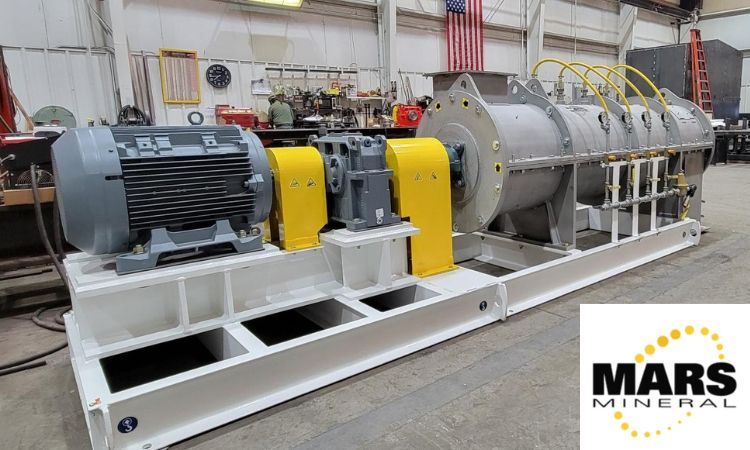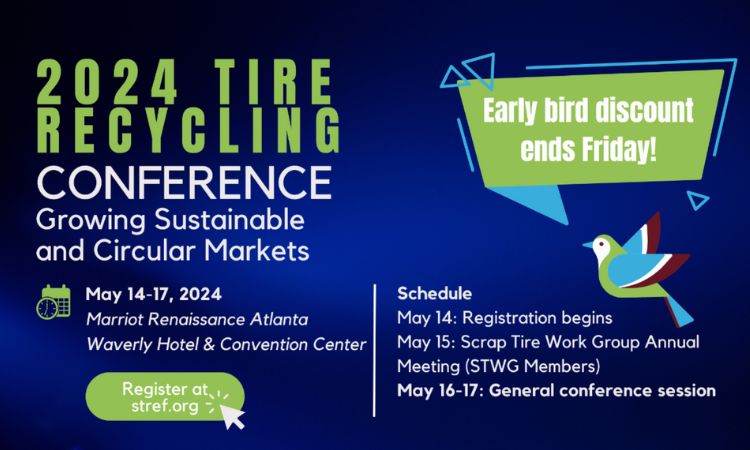Texas records gradual growth of tire recycling rates
Santos Olivarez, the Business and Program Services work leader of the TCEQ’s (Texas Commission on Environmental Quality) Waste Permits Division Scrap Tire Program commented on the statistics saying that numerous factors combined together could have been responsible for the boost of the recycling rate. For instance, he named careful scrap tire management and better reporting once the waste is spotted among these factors. Moreover, he mentioned Hurricane Harvey that potentially contributed to the increase of the tires being recycled.
In 2016 and 2017, the TCEQ’s Regional Solid Waste Grants Program provided investment to almost 240 initiatives providing in overall more than $6,2 million with over $350,000 being spent on tire collection, disposal and recycling.
Some of the successful projects include the one by Ark-Tex Council of Governments that targeted clearance of unsanctioned dumpings and collection efforts; Rio Grande Council of Governments in El Paso managed to recycle over 6,000 tires, and Lower Rio Grande Valley Development Council were successful in handling over 42,000 of scrap tires.
The success of these initiatives is mainly attributed to the association with not-for-profit organizations, schools, counties and other public bodies. To find more details about the successful work of these projects and several others, check Regional Solid Waste Grants Program Funding Report, Fiscal Years 2016/2017.
Tire recycling process is a truly sustainable practice that allows getting various sorts of products: the most common ones include tire-derived fuel, crumb rubber, rubber powder, molded goods from these materials, etc.
Article by Texas Commission on Enviromental Quality.
Weibold is an international consulting company specializing exclusively in end-of-life tire recycling and pyrolysis. Since 1999, we have helped companies grow and build profitable businesses.









